
What Can I Power with a 3500 Watt Generator
Cuando se trata de mantener la energía en situaciones de emergencia, durante viajes de campamento o en eventos al aire libre, un generador de 3500
Failures in the supply of commercial electrical energy are not uncommon. Many times they pose great problems for us to develop our domestic and work life normally, since we depend on numerous appliances in our daily lives.
Therefore, to provide an effective and efficient solution to this problem, the market offers multiple solutions that vary in terms of their operation, the needs they satisfy, or even their price.
In the following blog we are going to explore two of these options offered by the market: the solar panel and the electric generator. We are going to ask ourselves about its operation, its characteristics, the use it offers us, and, of course, its advantages and disadvantages.
In the same way, here you can solve your doubts about the operation of an electric generator, or what are its parts, or how to install it. Do not forget that our staff is always at your disposal to address your concerns and provide you with specialized advice.

A photovoltaic plate, or better known as a solar panel, is a device made up of several solar or voltaic cells that are responsible for generating electricity from the use of photovoltaic solar energy.
These voltaic cells are made of silicon and covered with a special type of polyethylene, which makes them an ideal semiconductor material to efficiently carry out the photovoltaic effect. There is a wide variety of solar panels on the market designed to meet different needs.
Obtaining electrical energy from the use of solar energy is called the photovoltaic effect.
This takes place when the photons of light -which are the particles capable of electromagnetic influence- come into contact with two surfaces of different material -such as photovoltaic cells- and alter their electrons, making them move from the nucleus of the atom in which they were and transporting them through the material.
There, in this alteration of electrons, electricity is generated.
Being one of the many energy alternatives, solar panels offer unique advantages that, knowing how to take advantage of, guarantee a satisfactory energy supply; and yet it suffers from certain drawbacks that should be considered.
As is evident, a solar panel has pros and cons. The need to be met will, after all, be the determining factor that will prevail when making a decision on energy alternatives. On the other hand, let's see what an electric generator is, how it works and what advantages and disadvantages it has.
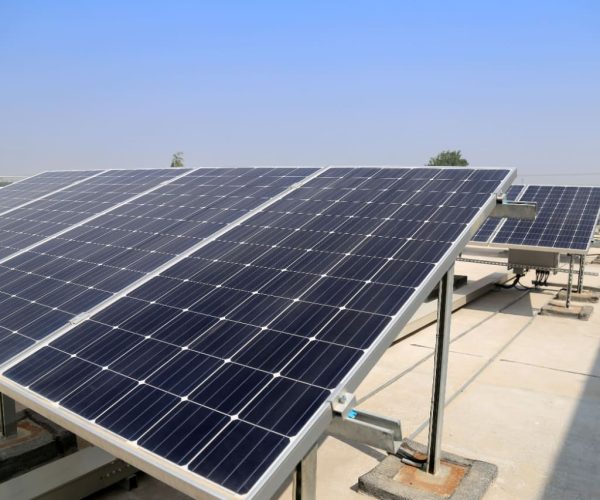
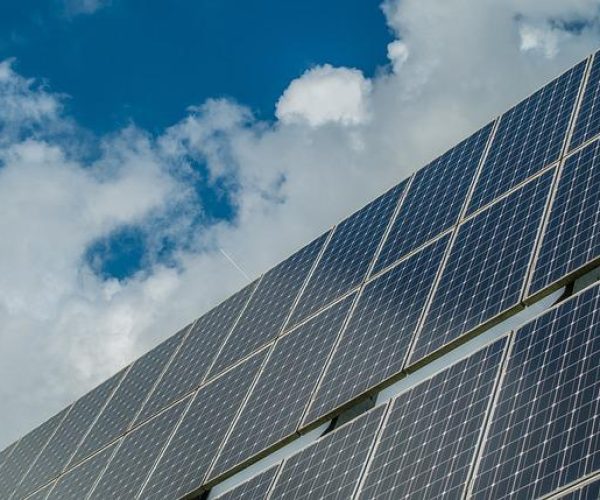

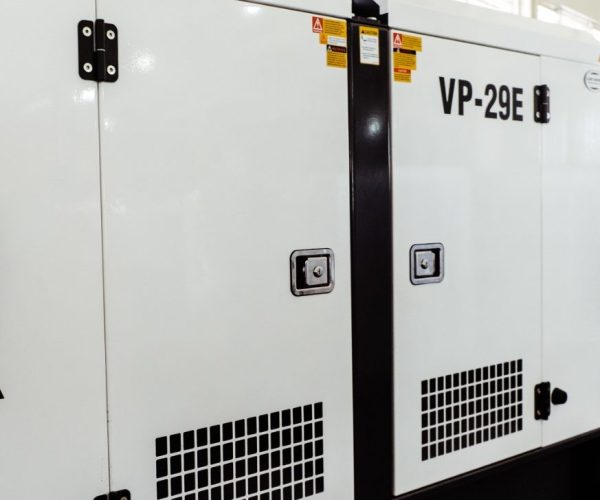
An electric generator is a machine that is responsible for transforming rotational kinetic energy (a type of mechanical energy) into usable electrical energy in the form of alternating current.
It is a highly reliable device that facilitates the supply of electricity in unfavorable situations: when the usual supply is interrupted for some reason, for example; or also, when the place where electric current is needed is very far from the main source.
It takes advantage of the phenomenon of electromagnetic induction to fulfill its purpose, and its operation is relatively simple.
Faraday's law, which explains the phenomenon of electromagnetic induction and the way in which the electromotive force occurs, explains that it occurs when an electromagnetic field rotates, causing the electrons to move and pass through the constituent elements of the system.
In practice, electromagnetic induction is harnessed by turning a rotor using the mechanical force of a motor shaft. As this rotor is inserted in a fixed stator (which is in turn made up of conductive coils), an electromagnetic field is generated that rotates.
Thus, what we know occurs: electrons move, an electromotive force is produced which, for explanatory purposes, can be understood as voltage, since it is also measured in volts. See More
It also has advantages and disadvantages to consider. However, we must not forget that the use or destination that we are going to give to the electric generator is a factor that relativizes the degree of advantages and disadvantages that it can entail.
These are the main advantages and disadvantages of electric generators. You can consult our catalog to know the technical specifications of our models. Of course, if you want to know more, we invite you to contact us. An advisor can guide you professionally to find the right Electric generator what do you need.

Cuando se trata de mantener la energía en situaciones de emergencia, durante viajes de campamento o en eventos al aire libre, un generador de 3500
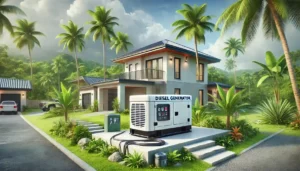
En tiempos de cortes de energía o desastres naturales, saber cómo usar un generador para alimentar una casa puede marcar la diferencia entre estar preparado
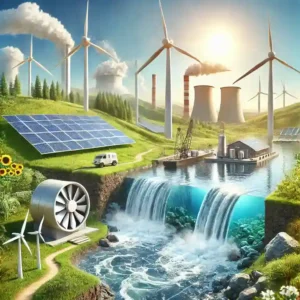
La búsqueda de energías alternativas se ha convertido en un pilar fundamental en la discusión sobre sostenibilidad y el futuro energético del planeta. Pero, ¿cuáles
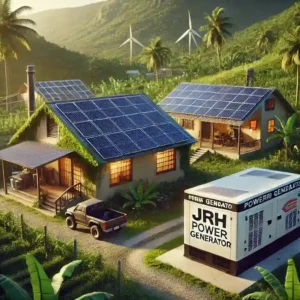
En un mundo donde la demanda de energía eléctrica sigue en aumento, las interrupciones de servicio y el costo creciente de la electricidad han impulsado
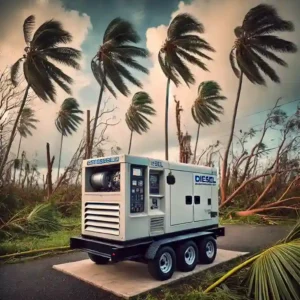
El año 2024 ha estado marcado por eventos climáticos extremos, generando preocupación en el Caribe y Estados Unidos, donde muchos se preguntan: ¿cuándo termina la
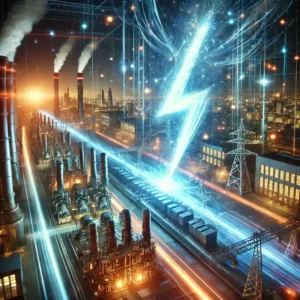
Imagina un mundo donde no puedas encender tu celular, arrancar tu auto o simplemente disfrutar de una luz en la noche. Todo lo que damos